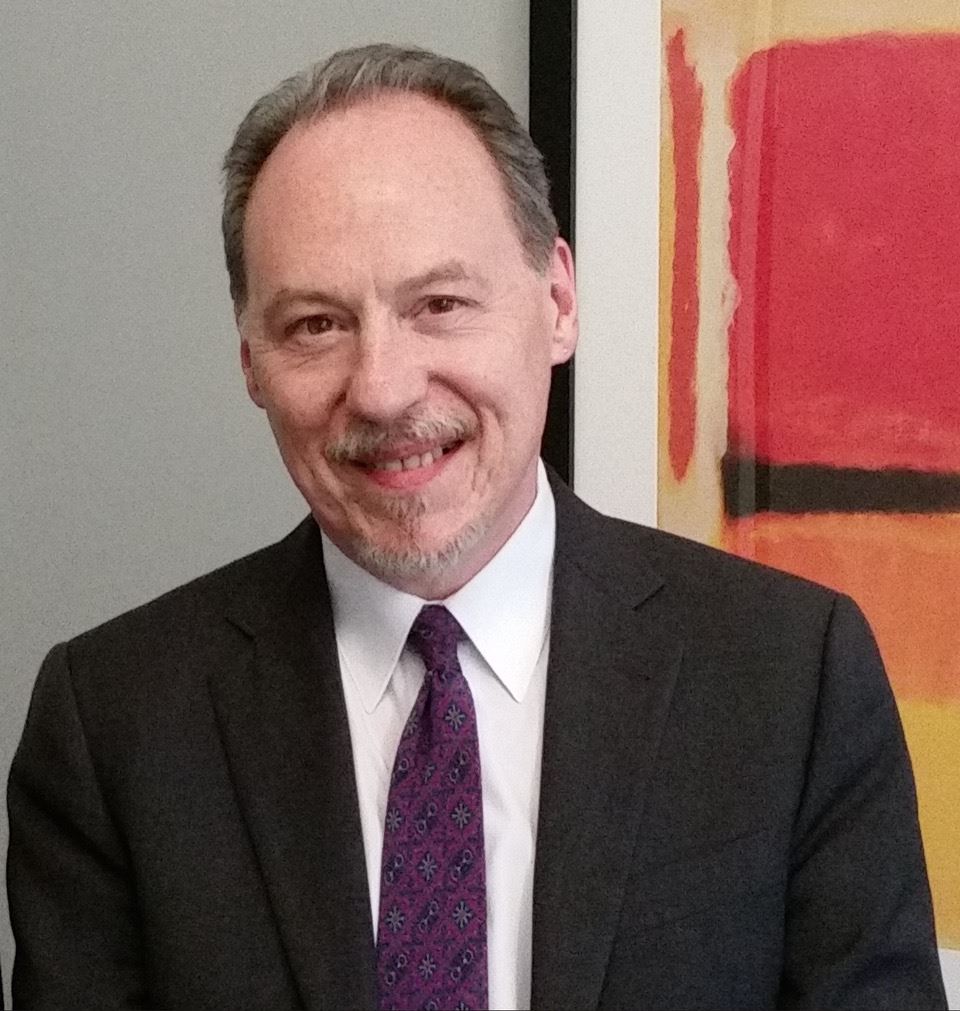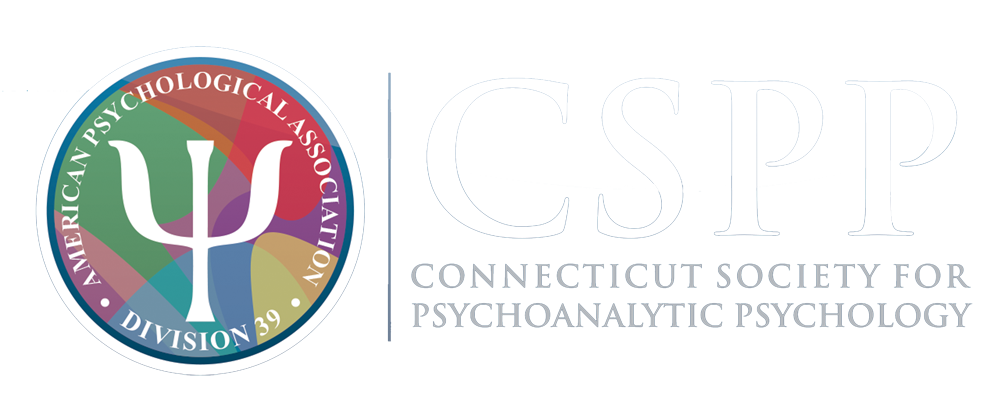The Connecticut Society for Psychoanalytic Psychology
presents
Andrew Tatarsky, PhD
Integrative Harm Reduction Psychotherapy
Zoom Clinical Conference
2 Continuing Education Credits
Saturday May 6, 2023

11am - 1 pm
On Zoom
2 CECs (Division 39)
2 CECs (NASW): Approved for Social Work, LPCs & LMFTs
Sign-in begins 10:45
A Zoom link will be sent to all registrants the day before the event.
The Speaker
Andrew Tatarsky, PhD is a psychologist who developed Integrative Harm Reduction Psychotherapy (IHRP) for treating the spectrum of risky and addictive behavior. He is Founder and Director of the Center for Optimal Living in NYC, a treatment and training center; he is also a founding member and Past-President, Division on Addiction of New York State Psychological Association, and Member of the Medical and Clinical Advisory Boards of the New York State Office of Addiction Services and Supports. Dr. Tatarsky trains nationally and internationally.
The Topic
Integrative Harm Reduction Psychotherapy is a treatment for individuals impacted by the spectrum of addictive and risky behavior, trauma, and other mental issues.
This online presentation will give a comprehensive overview of integrative harm reduction psychotherapy (IHRP). You will also be given practical strategies/skills and how to apply this model to use in a variety of clinical settings.
Conference Schedule
Sign-in 10:45 – 11:00
Presentation 11:00 – 1:00
Learning Objectives
Participants will be able to:
1. Describe the origins of harm reduction and its core principles.
2. Understand the psychobiosocial framework and how it informs treatment.
3. Identify the fundamentals for conceptualizing, assessing, and treating substance misuse and other risky behaviors.
4. Explain the role of trauma and its consequences in addiction.
5. Learn the 7 Therapeutic Tasks of IHRP along with specific skills to facilitate positive change.
References
Denning, P., Little, J. (2011). Practicing Harm Reduction Psychotherapy, Second Edition: An Alternative Approach to Addictions.The Guilford Press.
Kellogg, S., & Tatarsky, A. (2012). Re-Envisioning Addiction Treatment: A Six-Point Plan. Alcoholism Treatment Quarterly, 30(1), 109-128.
Tatarsky, A. (2002) Harm Reduction Psychotherapy: A New Treatment for Drug and Alcohol Problems. Aronson Press.
Tatarsky, A., Kellogg, S. (2011). Harm Reduction Psychotherapy. Harm Reduction, Second Edition: Pragmatic Strategies for Managing High-Risk Behaviors. G. Alan Marlatt PhD, Mary E. Larimer Ph.D., Katie Witkiewitz PhD. (2011). The Guilford Press.
Tatarsky, A., & Kellogg, S. (2010). Integrative Harm Reduction Psychotherapy: A Case of Substance Use, Multiple Trauma, and Suicidality. Journal of Clinical Psychology, 66(2), 123-135.
Website
https://www.andrewtatarsky.com/about
Participants
The conference is appropriate for professionals interested in the practice of psychoanalysis and psychoanalytic psychotherapy. The instructional level of this conference is intermediate.
Continuing Education
This conference has been approved for for 2 continuing education credits by Div. 39. Division 39 maintains responsibility for this program and its content. CECs are approved by NASW-CT for Social Workers, LPCs & LMFTs.
If continuing education credit is desired, please mark the appropriate box on the registration page, for our records. In addition,100% attendance and a completed evaluation form is required to receive CEC certificates. The evaluation form will be sent in the form of an online survey to all registrants within a few hours after the event, and if you attend the full conference and return that you will be sent a certificate of attendance.
To Register and Pay
Members - remember to log in to for member discount.
If you do not log in, you won't be recognized as a member.
All registrations must be made and paid for online.
You can pay with credit or bank card or PayPal account.
If you have problems, please contact CSPP
Refunds will be given in full until the Monday before the conference. To receive a refund cancel your registration online by going to your profile in the upper right corner, select "My Event Registrations" click on the event, then click on "Cancel Reservation." Questions/problems, please contact the registrar, Christopher Greene, LCSW.
Scholarship registrants: if you need the registration code, contact William Hartmann, MFT.
A Zoom link will be sent to all registrants the day before the event.
Members and Contacts - Need to update your information?
Please login to your profile, then click under your name at View Profile, to make any changes or additions, including changes of email addresses. If you have problems, contact Emily Sinclair, MA
CSPP Membership: Membership is open to all mental health professionals ($85 annual dues); early career (less than 7 years since degree, $50 annual dues); retirees ($30 annual dues); and graduate students ($20 annual dues). For further information on membership in CSPP please click here: JOIN US
Division 39 is committed to accessibility and non-discrimination in its continuing education activities. Participants are asked to be aware of needs for privacy and confidentiality throughout the program. If program content becomes stressful, participants are encouraged to process these feelings during discussion periods. If participants have special needs, we will attempt to accommodate them.
Please address questions, concerns and any complaints about the conference to Ashley Warner, LCSW, BCD.
For system or technical questions please contact CSPP
